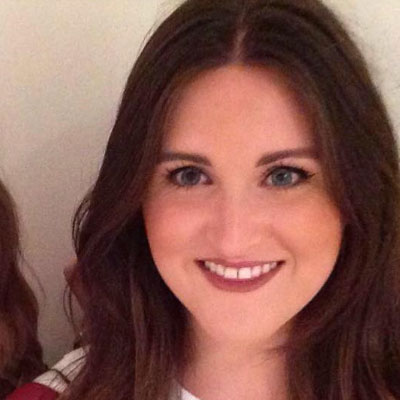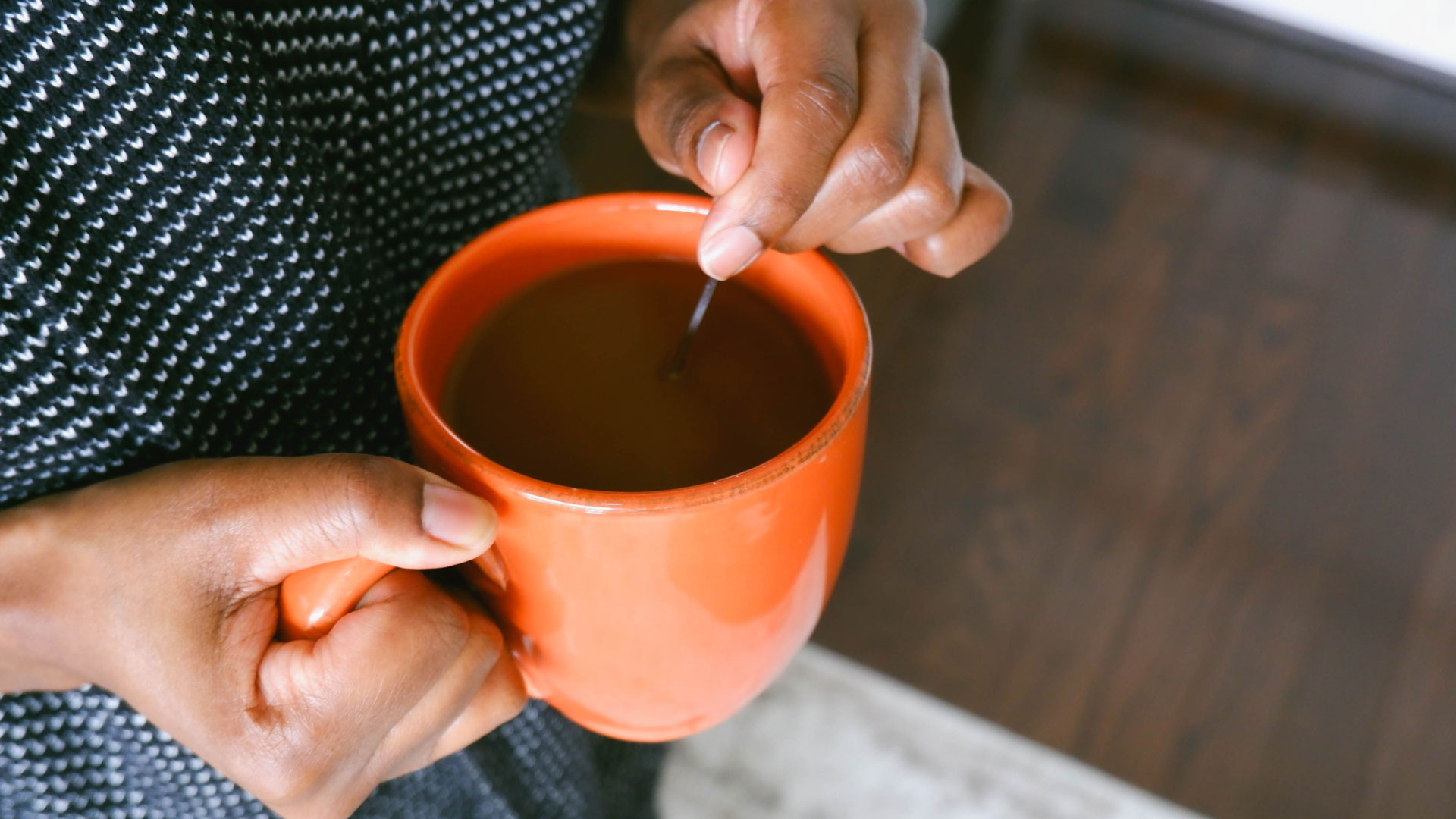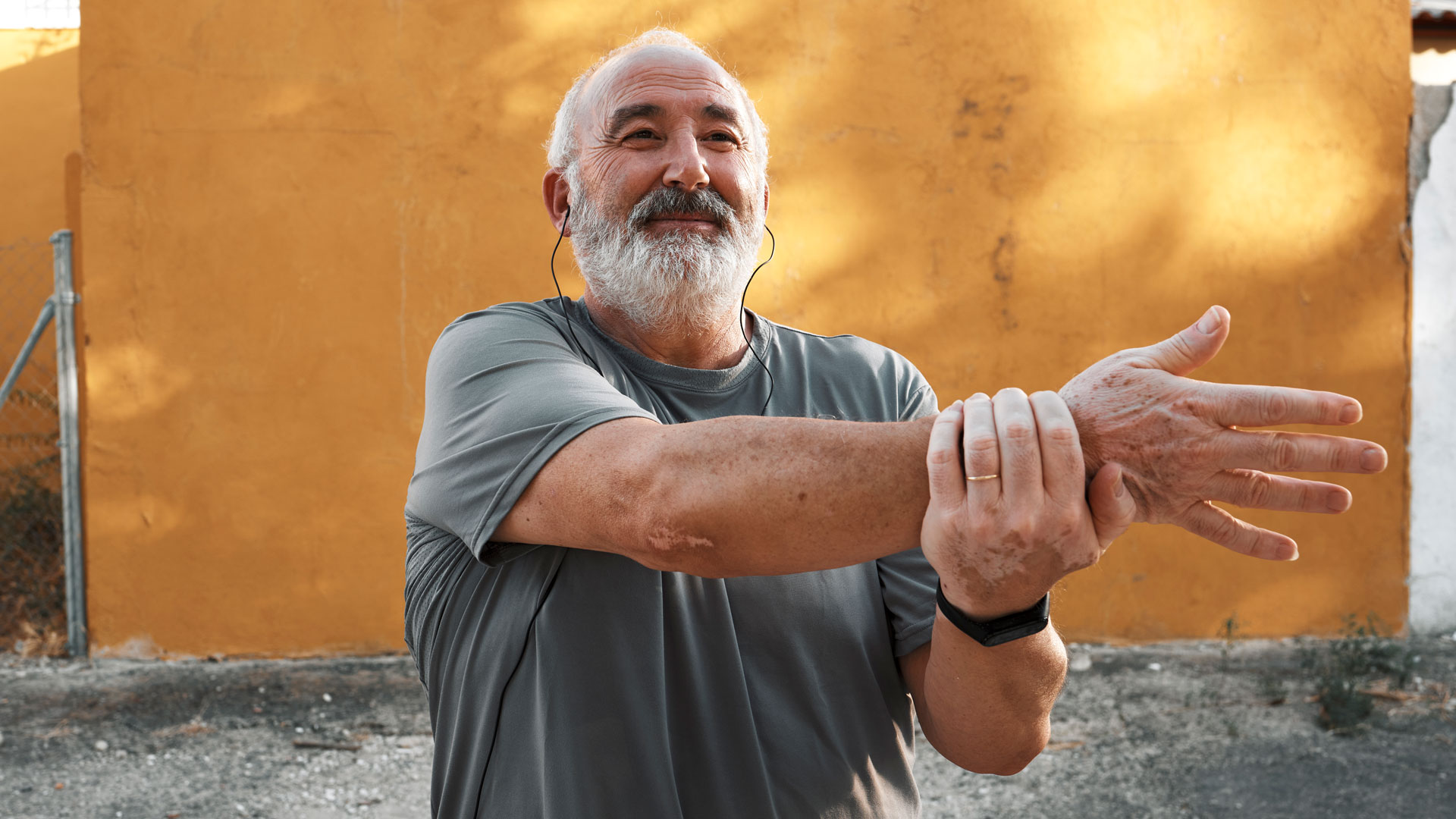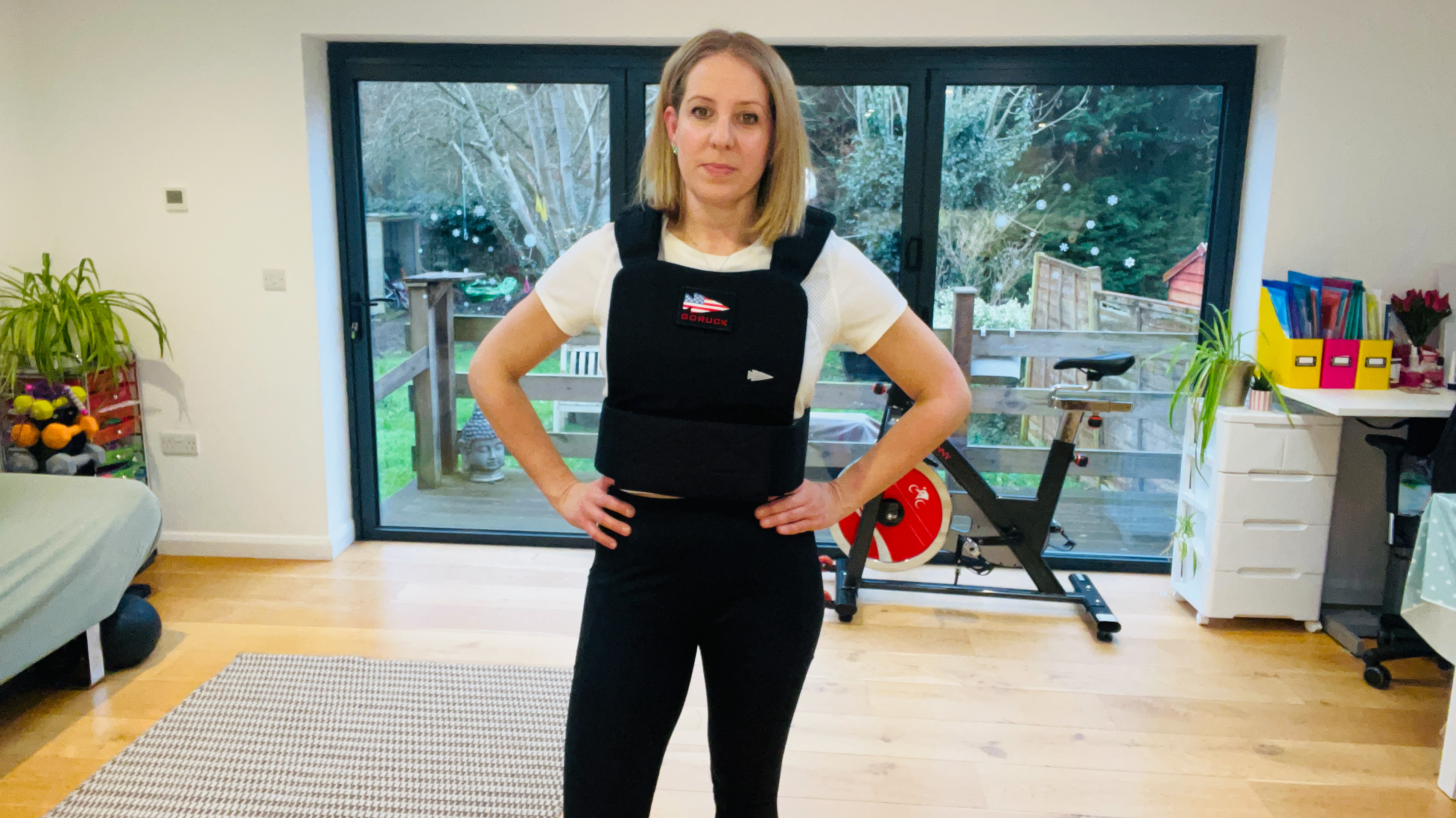Coffee and lemon weight loss: does it work?
Does coffee and lemon weight loss really work? We look at the science to find out


The coffee and lemon weight loss technique started life as a popular TikTok trend, but it's hard to tell how effective and safe these social media challenges really are. To help you out, we'll look at the science behind coffee and lemon weight loss to see if it really does burn fat.
There's plenty of evidence to show the benefits of coffee and lemon separately, but the combination hasn't traditionally been known for its weight loss potential. If you want to drop pounds, the more common advice is to create a calorie deficit to burn more energy than you consume.
Alongside these nutritional changes, it's a good idea to take regular sessions on the best exercise machines to lose weight. But if you want to help things along, we asked a nutritionist whether the coffee and weight loss technique is worth adding to your daily routine.
Coffee and lemon weight loss: what it’s all about
The social media advocates of the coffee and lemon weight loss trend say the premise is simple: squeeze some lemon into your coffee to help burn fat and kickstart your weight loss journey. Plenty of TikTok users have been posting videos of themselves trying the trend. However, there’s no evidence to support the claim that drinking coffee with lemon causes fat to melt away.
Fans of the coffee and lemon weight loss challenge suggest drinking instant coffee with a squeeze of lemon every morning for 28-30 days will help you lose weight. But what do experts think? Nutritionist Aimee Brady says, “Both lemon and coffee have proven health benefits but mixing them together does not translate into even stronger effects. And there’s no evidence to suggest that a drink containing lemon and coffee will do anything other than leave a bad taste in your mouth.”
Registered dietician Helen Shannon says, “Both coffee and lemons have many proven health benefits, predominantly due to their high antioxidant content. Caffeine gives an energy-boosting effect and may have a positive influence on exercise performance, but it’s not a magical weight loss drink. The only way to get rid of unwanted fat is either by consuming fewer calories or burning more of them.”
Many people claim that coffee can suppress appetite, helping you lose weight, but most studies suggest that drinking coffee has little to no effect on participants' appetite. Other studies' findings are ambiguous and uncertain. This is probably because many variables can affect results. For example, when and how much coffee was consumed can affect results. More research needs to be done in this area.
Get the Fit&Well Newsletter
Start your week with achievable workout ideas, health tips and wellbeing advice in your inbox.
And while people who have lemon water every morning rave about the benefits, including increased hydration, boosting metabolism, and feeling fuller for longer, these benefits all come from its main ingredient — water. Lemon water does contain some nutrients from lemon juice, such as vitamin C and antioxidants, but these are unlikely to have any effect on your weight.

Helen Shannon is a registered dietitian in Charlestown, RI with over 15 years of experience and special training and skill in assessing, diagnosing, and treating dietary and nutritional problems. As a registered dietitian, she performs nutritional counseling for people who wish to lose weight, have an eating disorder, need a customized diet for health reasons, experience food allergies or intolerances, suffer from a digestive disorder, or wish to improve athletic ability.

Aimee Sutherland is a nutrition advisor, currently working in a hospital setting. She studied a BSc (Hons) in Nutrition to learn more about the link between what we eat and how we feel, and how nutrition influences health at the individual, community and population level. While studying, she also volunteered with charities which helped her to understand the barriers that people face when it comes to eating well, and about helping healthy eating to be more accessible.

Is it safe to use coffee and lemon for weight loss?
Shannon can’t see any benefit to adding lemon to your coffee. “I don’t think the practice itself is unsafe, but it won’t taste very good. Lemon juice is highly acidic and can cause erosion in tooth enamel over time. It may be helpful to rinse your mouth with water after drinking it.”
Brady adds that these kinds of social media challenges can trigger those with disordered eating. "These viral diet videos are created by people without qualifications and while the drink itself won’t hurt you, the practice may lead to calorie restriction or cutting food groups. Because if you drink this concoction every day and experience no weight loss, you might start limiting other foods to see results.”

What’s the safest way to lose weight?
When you’re trying to lose weight, it’s understandable if you want to try and lose it quickly. But the Centre for Disease Control and Prevention (CDC) states that people who lose weight gradually and steadily (about one to two pounds per week) are more successful at keeping weight off. Healthy, sustainable weight loss is about adopting an ongoing lifestyle that includes long-term changes in daily eating and exercise habits.
Many experts recommend creating a calorie deficit to lose weight. If you consume fewer calories than your body needs to perform all its necessary functions, this creates a calorie deficit. For instance, if you use 2,000 calories today but only take in 1,800, you have a deficit of 200 calories. Research suggests that for most people, a calorie deficit of 500 calories per day is sufficient for weight loss and unlikely to affect your hunger or energy levels significantly.
Brady recommends the following when it comes to eating for weight loss, “Find out which foods are likely to fill you up, provide essential nutrition, and keep you satisfied during your weight loss journey. I recommend a diet with lean protein, fiber-rich foods, and fruits and vegetables to my clients who are looking to lose weight.”
“Set some short and long-term goals and reward your efforts along the way. For example, maybe your long-term goal is to lose 30 pounds and control high blood pressure. Your short-term plan may be to eat breakfast every day, take a 15-minute walk every lunchtime, or fill half your plate with vegetables at dinner.
“Diet and movement are two critical components of weight loss. Adding exercise into your weight loss routine can help to accelerate your progress. If you’re new to exercise, follow a beginner's workout guide or start by walking for 20 minutes a day and build your time and distance up.”
Shannon suggests starting a journal to track progress, “Whether it's a paper method or a smartphone app, a journal helps you log your food intake, exercise, sleep, and progress throughout your journey. You can note your progress, as well as your emotional and mental health, to see how you're working toward your goal.”
Catherine is a freelance journalist writing across titles such as Verywell Health, Healthline, The Daily Telegraph, Refinery29, Elle, and Vogue. She specializes in content covering health, fitness, wellness, and culture. A once reluctant runner, Catherine has competed in 30 running events in the past five years and looks forward to one day running the London Marathon.
-
 I’m a personal trainer and I tell all my clients to do this weighted workout to build muscle and bone health
I’m a personal trainer and I tell all my clients to do this weighted workout to build muscle and bone healthMake home training even more effective
By Maddy Biddulph Published
-
 I'm always stiff from sitting, so I tested out a 12-minute morning mobility routine to see if it could help
I'm always stiff from sitting, so I tested out a 12-minute morning mobility routine to see if it could helpThe short routine taught me a lot about my body
By Becks Shepherd Published